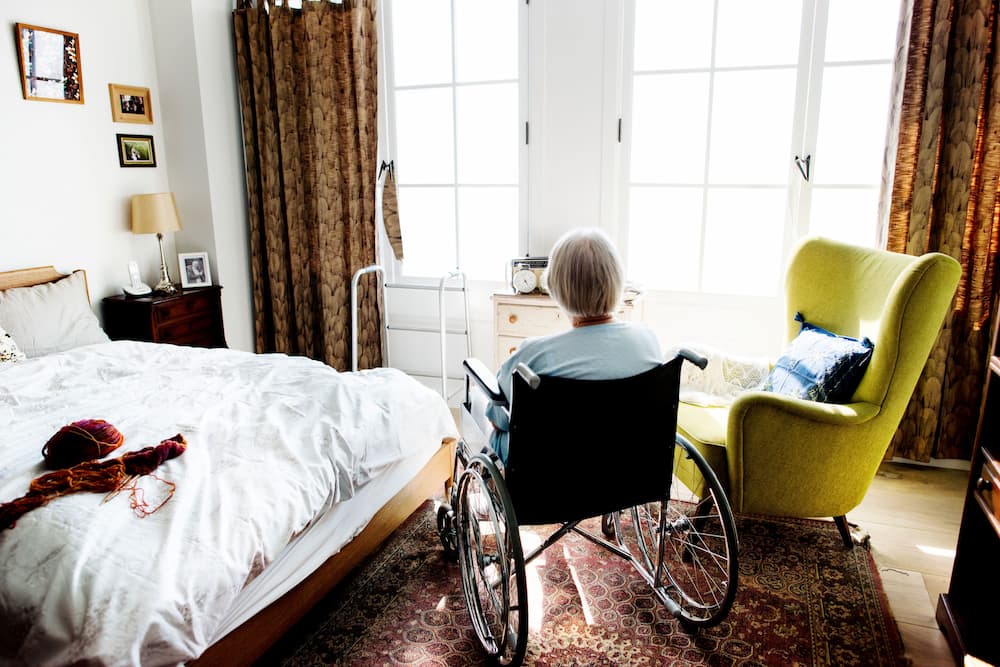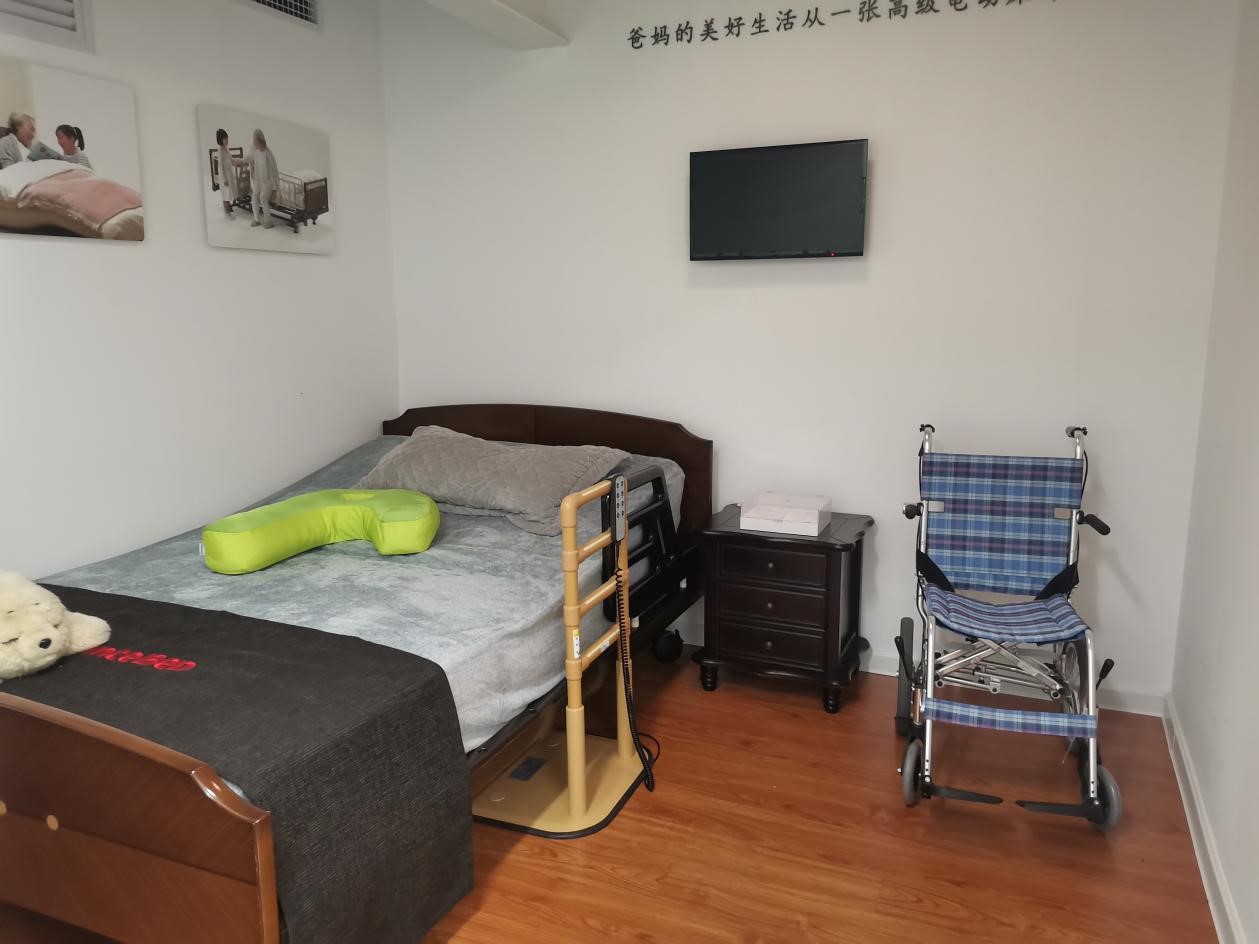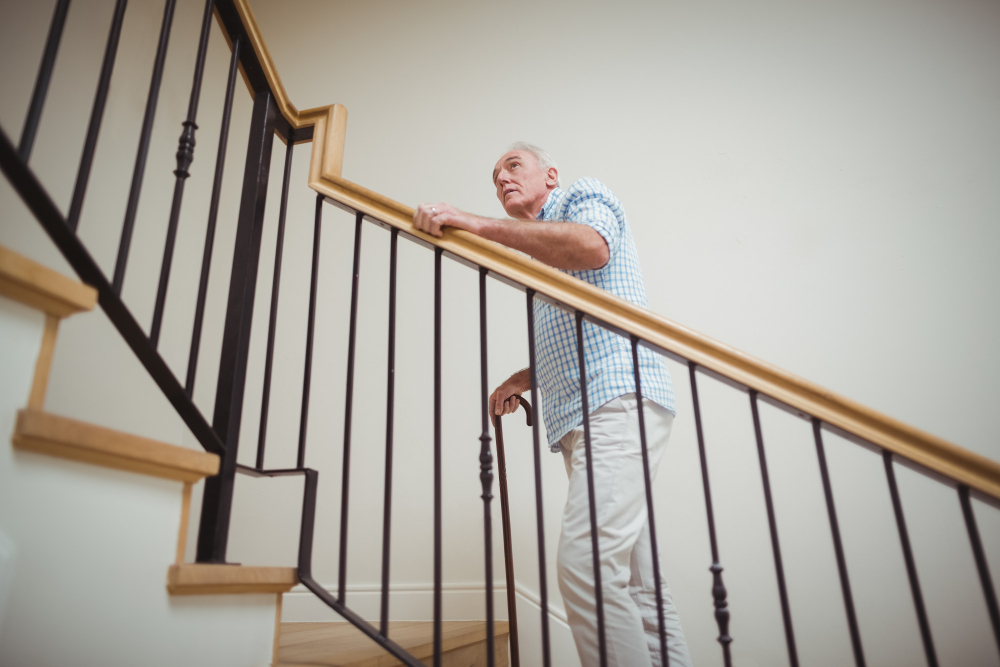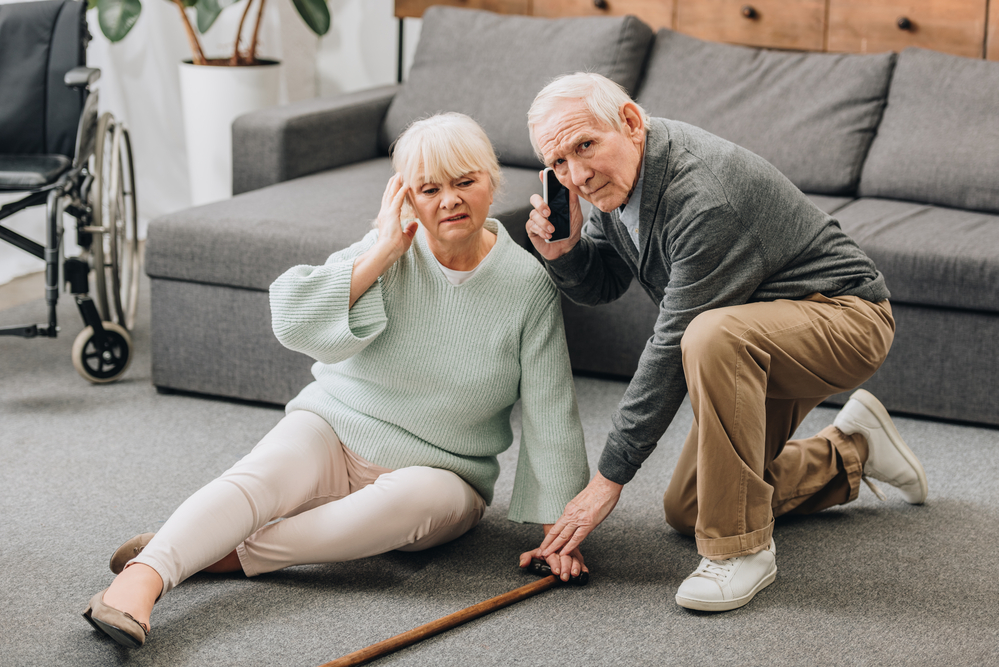As we grow older, ensuring safety becomes a primary concern, especially when it comes to preventing falls. Understanding whether fall detection devices are covered by Medicare can significantly impact how we plan for these eventualities. This article aims to shed light on this topic, providing clarity and reassurance to families and caregivers.

Understanding Fall Detection Devices
Fall detection devices are gadgets designed to detect if an individual has fallen and to alert emergency contacts promptly. These devices often come in the form of wearable technology, like watches or pendants, and incorporate advanced sensors to monitor movements.
The Importance of Fall Prevention
According to the Health in Aging Foundation, falls are the leading cause of both fatal and non-fatal injuries among older adults. Installing a reliable fall detection system can help mitigate these risks significantly.
How Medicare Works
Medicare is a federal health insurance program in the U.S. primarily for people aged 65 and older. It covers various medical services, but the extent to which fall detection devices are covered can vary.
Medicare Parts and Their Coverage
Medicare is divided into parts: Part A (Hospital Insurance), Part B (Medical Insurance), Part C (Medicare Advantage), and Part D (Prescription Drug Coverage). Typically, Part B might cover some medical devices, but fall detection devices are not explicitly listed.
Medicare Advantage Plans
Some Medicare Advantage Plans (Part C) offer additional benefits that Original Medicare does not cover. These may include coverage for certain health-related devices. It’s essential to check with specific plan providers for details.
Are Fall Detection Devices Covered?
For those asking, ‘Are fall detection devices covered by Medicare?’the answer is complex. Generally, Original Medicare does not cover fall detection devices. However, some smart elderly care plans may offer additional benefits.
Steps to Determine Coverage
To determine if your specific plan covers these devices, contact your Medicare service provider or consult with a Medicare advisor. They can provide guidance tailored to your needs.
Alternative Coverage Options
While Medicare might not cover these devices, other options are available. Private insurance plans or state assistance programs sometimes provide coverage. It’s beneficial to explore these avenues.
Private Insurance Plans
Many private insurance companies offer plans that include coverage for health monitoring devices. Reviewing these plans can help ensure you’re covered where Medicare falls short.
State Assistance Programs
Some states have specific programs that cater to seniors’ health needs, potentially covering devices that Medicare does not. Checking state resources could provide additional support.
The Role of Technology in Elderly Care
Technology is transforming how we care for our elderly loved ones. From IoT sensors to fall detection linked to emergency contacts, advancements continue to enhance safety and independence.
Smart Solutions for Seniors
Innovations like fall detection without cameras prioritize privacy while ensuring safety, offering a balanced approach to elderly care.
Conclusion
Understanding if are fall detection devices covered by Medicare is crucial for planning elderly care. While Original Medicare may not cover these devices, alternative options exist. As technology advances, so do the solutions available, making it easier for families to ensure their loved ones’ safety and well-being.

Frequently Asked Questions
1. Does Medicare cover any wearable health devices?
Original Medicare covers specific medical devices, but wearable health monitoring devices are typically not included unless they are medically necessary and prescribed by a doctor.
2. How can I find out what my Medicare plan covers?
To determine your coverage, contact your Medicare provider or visit the official Medicare website to review plan details.
3. Are there any discounts available for fall detection devices?
Yes, some providers offer discounts or payment plans for these devices. Additionally, certain state programs may subsidize costs for eligible individuals.
This article contains affiliate links. We may earn a commission at no extra cost to you.






